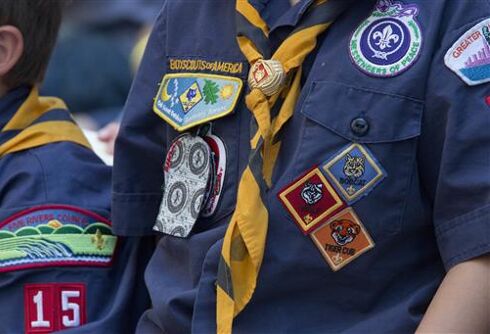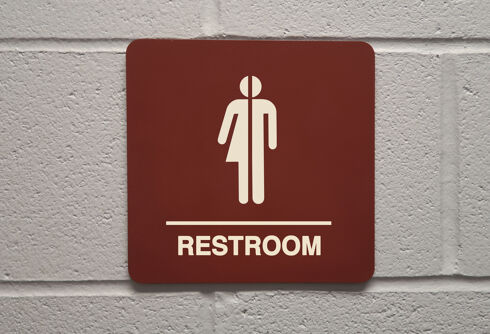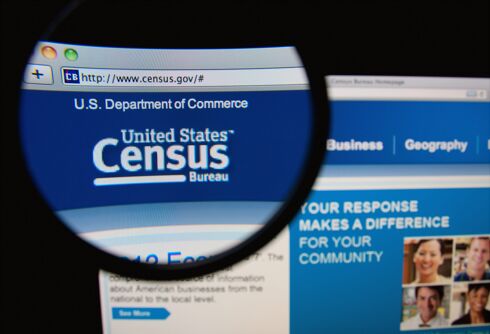WASHINGTON — The Justice Department launched a program Thursday to train local police departments to better respond to transgender individuals, a population authorities say is disproportionately harmed by violence.
 The new initiative is aimed at helping police identify hate crimes and build trust with a community that law enforcement officials say is too often reluctant to report crimes.
The new initiative is aimed at helping police identify hate crimes and build trust with a community that law enforcement officials say is too often reluctant to report crimes.
“It’s clear that such a training is as necessary as it is overdue,” Associate Attorney General Tony West said at a ceremony unveiling the program. “Because too often, in too many places, we know that transgender victims are discouraged from reporting hate crimes and hate violence due to their past negative interactions with and perceptions of law enforcement.”
The training effort is being overseen by the department’s Community Relations Service, which was established under the Civil Rights Act of 1964 and works with communities to prevent and respond to hate crimes.
Never Miss a Beat
Subscribe to our newsletter to stay ahead of the latest LGBTQ+ political news and insights.
The initiative comes as police departments face scrutiny over their responsiveness to crimes against transgender people. In Washington, D.C., for instance, Police Chief Cathy Lanier acknowledged this year in response to a task force’s report that the department needed to do more to build trust with the city’s transgender community.
Deputy Attorney General James Cole said it was unacceptable that transgender people don’t report crimes against them “based on the community’s fears about law enforcement’s support and perceptions.”
“This is not a result that can or will be tolerated by the Department of Justice, and it runs counter to the very role your community public safety officials want to promote,” Cole said.
He cited a national transgender discrimination survey published in 2011 in which 61 percent of respondents reported being the victim of a physical assault and 41 percent reported having attempted suicide.
The Community Relati ons Service has regional offices around the country that will offer the training to police departments. The lesson plans includes suggestions for confronting bullying in schools as well as lists of do’s – such as asking a person for his or her preferred gender pronoun – and don’ts, such as using the term “transvestite” or asking whether the person has had sex-change surgery.
Article continues below
“Cops will deal with trans folks and assume because you’re trans, then in some kind of way you’ve caused this kind of violence on you,” he said.
Harper Jean Tobin, who as policy director at the National Center for Transgender Equality helped design and model the program, also said she thought it was a good idea but cautioned that training by itself would not mend the relationship. She said there was more work that needed to be done in areas such as guaranteeing respect for transgender people who are taken into custody or being questioned by police.
“You can’t train your way out of this problem. It’s one piece of the puzzle. It’s one tool that we can use,” she said.
This material may not be published, broadcast, rewritten, or redistributed.













